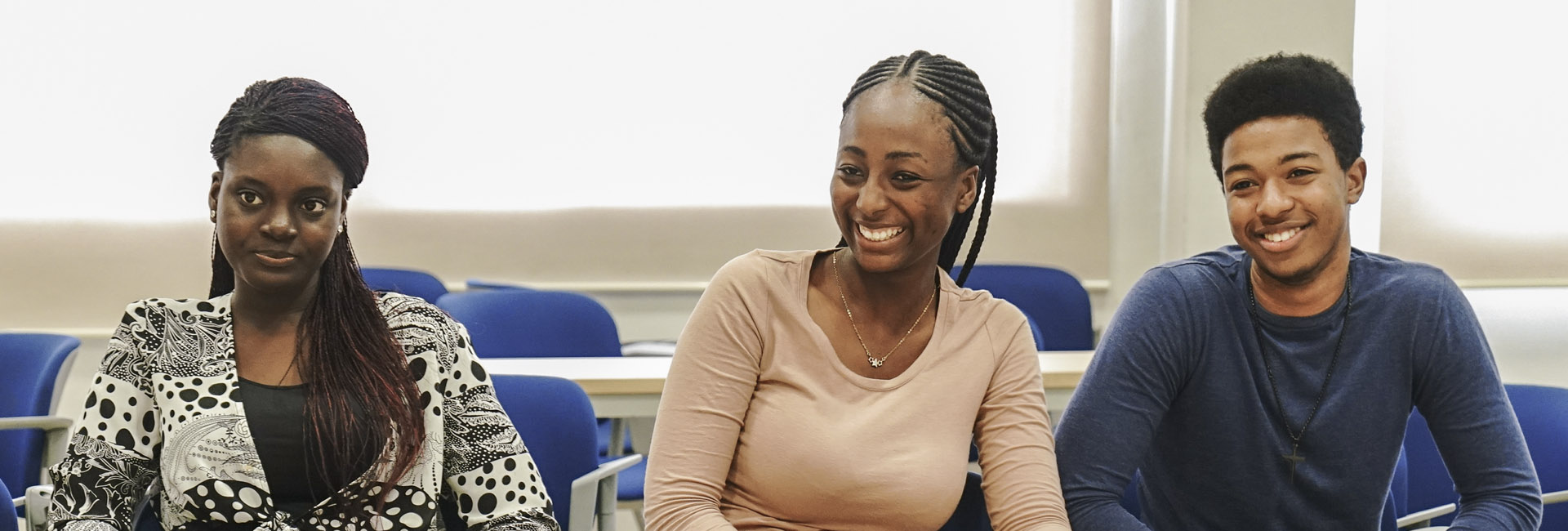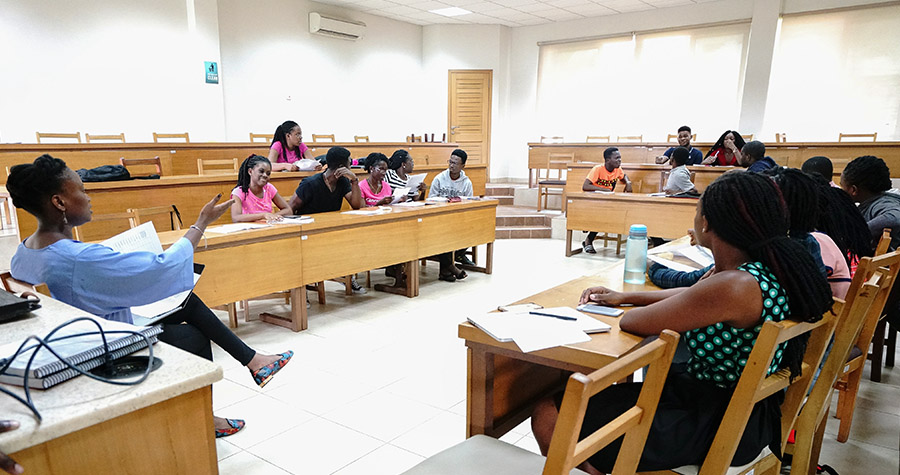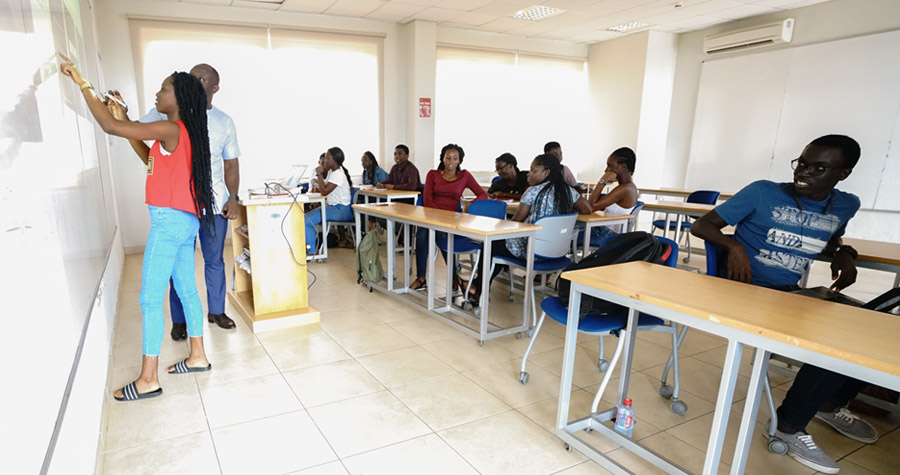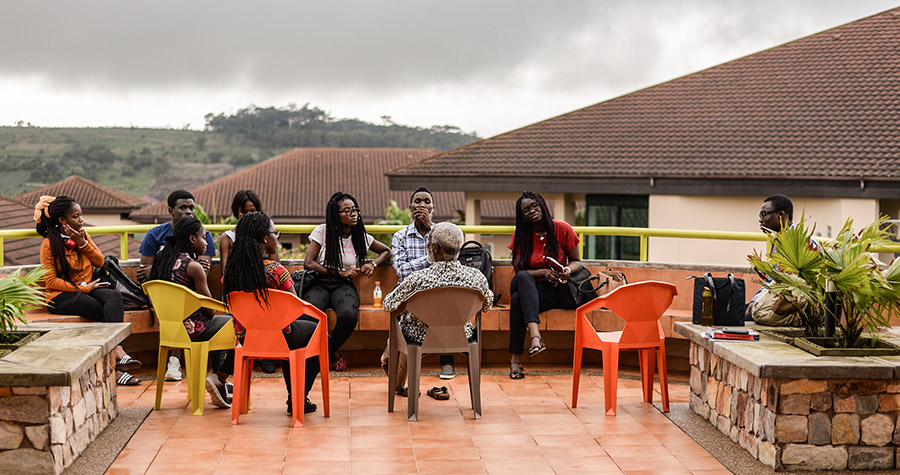 October 3, 2018
October 3, 2018
While for many, the college experience may signify freedom and independence, it can also be an overwhelming experience trying to balance the rigors of academic life and personal life in a new environment.
To help freshmen transition successfully into college life, the Office of Student Affairs teamed up with the Department of Humanities and Arts to put together the Ashesi Success module.
Beginning four years ago as a six-week mentoring program led by members of faculty and staff, the goal of the class, largely, is to provide a space where students feel comfortable expressing themselves, sharing their experiences and learning tips to handle challenges they are likely to face in college.

“Each student has a different experience, background, educational foundation and culture, yet we expect them to perform on a level playing field,” said Computer Science lecturer, David Sampah, lead coordinator for the program. “Unlike students whose families may have a strong history of attending college, many others, particularly first-generation students are often not privy to some of these tips and preparation. So it’s a good thing for us to create a community for students outside the class setting to discuss life and give them a fresh perspective on how college works beyond getting good grades.”
In 2017, three years after the first class, Ashesi Success was restructured into a 12-week non-graded class to provide more breadth for the students. The first six weeks centers on how to achieve academic success, covering areas on time management, plagiarism and preparing for tests and exams, while the second 6 week addresses values and how to express oneself.

“Helping students have a sense of the college journey through guiding them to manage their time and encouraging them to own this experience, has been impactful.” shared Emmanuel Ntow, Academic Advisor, and course facilitator for the class. “After being at Ashesi for seven years, I’ve seen how little attitude changes can drastically boost a student’s academic performance.”

“The whole point of Ashesi success is to bridge the educational divide and empower the student to preserve their self-esteem,” shared School Counselor, Diane Davis. “When you feel powerless, you lose your self-esteem and self-confidence.”
A year after the restructuring of the program, Ashesi has seen a 75% decline in reported student delinquencies. Moving forward, Ashesi is working with other universities such as the African Development University in Niger, to strengthen and expand the program.
Share this story
